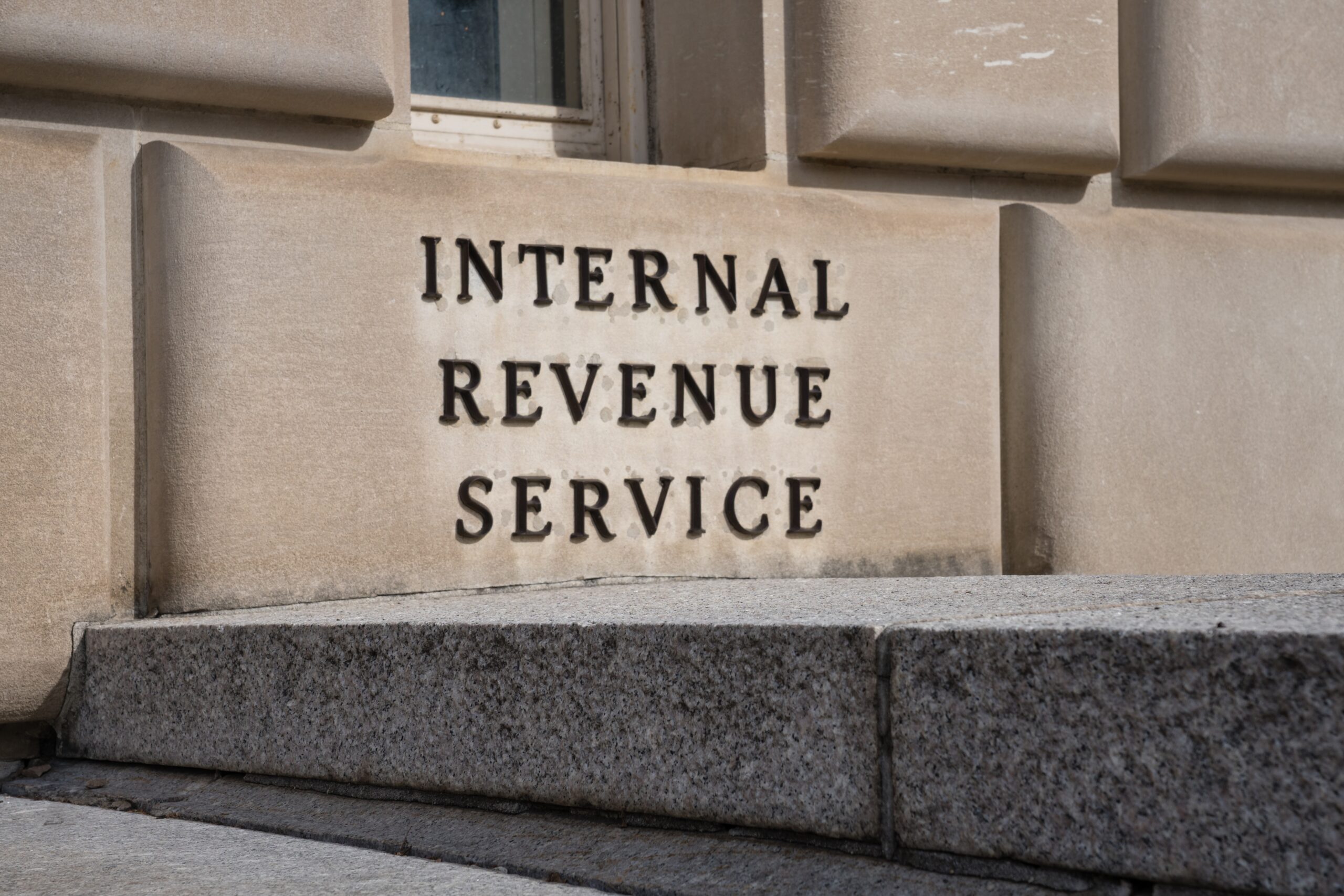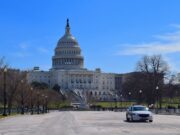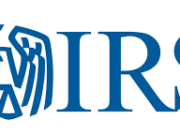On May 30, 2025, the Institute for Free Speech responded to an invitation for public recommendations for the Department of the Treasury and the Internal Revenue Service’s 2025-2026 Priority Guidance Plan with suggestions in regards to the Johnson Amendment, which unconstitutionally chills the speech of non-profit organizations.
Read a PDF of the recommendations here.
May 30, 2025
The Honorable Michael Faulkender
Deputy Secretary, U.S. Department of the Treasury
Acting Commissioner, Internal Revenue Service
Attn: CC:PA:01:PR (Notice 2025-19) Room 5203
P.O. Box 7604
Ben Franklin Station
Washington, D.C. 20044
Re: amendments to 26 C.F.R. § 1.501(c)(3)-1 under Notice 2025-19, Public Recommendations Invited on Items to be Included on the 2025-2026 Priority Guidance Plan
Dear Commissioner Faulkender:
The Institute for Free Speech respectfully requests that the Department of the Treasury and the Internal Revenue Service include in their 2025-2026 Priority Guidance Plan an item to amend 26 C.F.R. § 1.501(c)(3)-1, to correct constitutional infirmities created by the rule’s interpretation of the Johnson Amendment to 26 U.S.C. § 501(c)(3).
Notice 2025-19 invites public recommendations regarding “unconstitutional regulations and regulations that raise serious constitutional difficulties.” The unconstitutionally vague Johnson Amendment chills the speech of non-profit organizations, whose goal is to serve the public through their religious, charitable, scientific, and educational purposes, and the regulations enacted pursuant to the statute have only exacerbated the chilling effects.
Then-Senator Lyndon B. Johnson introduced his amendment to 26 U.S.C. 501(c)(3) during a Senate floor debate on July 2, 1954, telling his colleagues that the proposed legislation would deny tax-exempt status to both those “who influence legislation” and “those who intervene in any political campaign on behalf of any candidate for any public office.”[1] Whether or not Johnson truly meant to silence supporters of his primary challenger,[2] the Supreme Court has prohibited such vague language in regulating political speech, indeed prohibited the very words used by the statute.[3] Contrary to the Johnson Amendment’s language, “[p]recision of regulation must be the touchstone in an area so closely touching our most precious freedoms.”[4]
Since the Amendment’s adoption, a long line of Supreme Court cases have ruled that such regulations on political speech are unconstitutional. The Service’s implementing regulations only aggravate the statute’s unconstitutional chilling effects. The initial notice of proposed rulemaking made some semblance of an effort to avoid core protected speech by protecting at least issue speech that might mention a candidate.[5] Ultimately, however, the regulation adopted language even more chilling than the statute: stating that the “promotion of social welfare” necessary for 501(c)(3) could “not include direct or indirect participation or intervention in political campaigns.”[6] The regulation’s consequences for those who “indirectly … participate in, or intervene in (including the publishing or distributing of statements), any political campaign”[7] only amplify the chilling effect inherent in the statute—deeming any organization that does so an action organization and denying it 501(c)(3) status.[8]
The severe consequences for violating the statute and the regulation induce fear to engage in a range of protected speech, including core political speech. They must fear mentioning an issue of public importance upon which a candidate officeholder has staked a position, much less encouraging others to contact the officeholder about it.
Restrictions on political speech trigger heightened constitutional scrutiny.[9] But even in situations where the Supreme Court has set aside such heightened scrutiny, such vagueness is still unconstitutional, especially where it combines vague statutory and regulatory language like that at issue here.[10] Because the current regulation raises serious constitutional difficulties, revisions to 26 C.F.R. § 1.501(c)(3)-1 should be included in the 2025-2026 Priority Guidance Plan.
Respectfully submitted,
David Keating Owen Yeates
President Senior Attorney
[1] 100 Cong. Rec. 9604 (1954).
[2] See Deirdre Halloran & Kevin Kearney, Federal Tax Code Restrictions on Church Political Activity, 38 Catholic Law. 105, 107-08 (1998) (noting that Senator Johnson invited IRS investigation into his opponent’s supporters and introduced the amendment the same day he received the IRS reply).
[3] See Buckley v. Valeo, 424 U.S. 1, 41, 79 (1976) (holding that the phrase “for the purpose of … influencing” was similar to the phrase “relative to,” which “fail[ed] to clearly mark the boundary between permissible and impermissible speech”).
[4] NAACP v. Button, 371 U.S. 415, 438 (1963).
[5] See Notice of Proposed Regulation, Income Tax: Taxable Years Beginning After December 31, 1953: Exempt Organizations, 21 Fed. Reg. 460 (January 21, 1956) ( “advocacy … of … an issue … will not of itself operate to deny exemption to an organization … merely because a particular candidate for public office also advocates or espouses the same … issue … If … however, the primary purpose of an organization is thereby to support or oppose a particular candidate for public office rather than to espouse a principle, exemption may be denied.”).
[6] 24 Fed. Reg. 1421, 1424 (Feb. 26, 1959) (emphasis added).
[7] 26 C.F.R. § 1.501(c)(3)-1(b)(3).
[8] 26 C.F.R. § 1.501(c)(3)-1(c)(3)(iii).
[9] See, e.g., McCutcheon v. Fed. Election Comm’n, 572 U.S. 185, 197 (2014) (Roberts, C.J., controlling op.) (noting, e.g., that exacting scrutiny—requiring that the government demonstrate “a compelling interest” and that a law or regulation be “the least restrictive means to further the articulated interest”—applies to expenditure limits, and that closely drawn scrutiny—requiring that the government demonstrate “a sufficiently important interest” and that it has employed a “means closely drawn” to that interest—for contribution limits).
[10] See Minn. Voters All. v. Mansky, 585 U.S. 1, 16-17 (2018) (holding that “the unmoored use of the term ‘political’ … combined with haphazard interpretations” caused a ban on political insignia at polling locations to fail even the “forgiving” reasonableness test for time, place, and manner restrictions). Indeed, Professor Edward Zelinsky makes a compelling case that the IRS guidance on political campaign intervention is unconstitutional in light of Mansky. See Edward A. Zelinsky, Applying the First Amendment to the Internal Revenue Code: Minnesota Voters Alliance and the Tax Law’s Regulation of Nonprofit Organizations’ Political Speech, 83 Albany Law Review 1 (2020).














